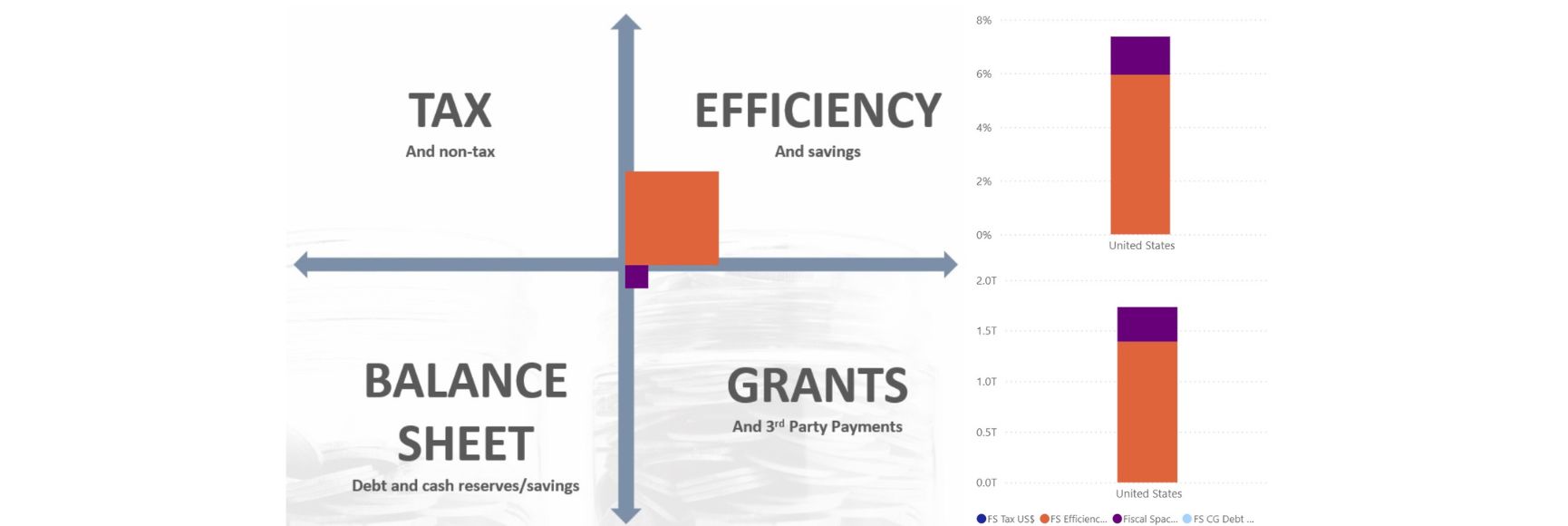by Duncan Last
In August 2009 the Fifty-Second Legislature of the Republic of Liberia took the important step of enacting a new Public Finance Management (PFM) Act, filling a long-standing legal framework vacuum. The new PFM Act, developed with assistance from the IMF’s Fiscal Affairs Department funded through the Japan Trust Fund, sets out the foundations for credibility, accountability and transparency in budgetary management to guide and regulate public finances in Liberia in the years ahead. The drafting of the new legal framework carefully balances Liberia’s budgetary management traditions (which broadly follows the USA model), as well as its existing institutions and public service constraints, with the PFM reforms that the Liberian Ministry of Finance is introducing or planning to introduce over the next decade. The new legal framework allows the Government to progress at a pace commensurate with its staff capacities, yet sets out key requirements around which capacity building efforts and PFM reform efforts can be effectively mobilized.
The key features of the new PFM Act include:
Principles and rules: The PFM Act is built around the following key principles: accountability of Executive to Legislature, annual basis of budget authorization, balanced budget, gross basis of budget, specificity regarding level of detail, stability over the medium term, transparency and clarity of roles, public availability of financial information, unified budget. In addition, all public moneys are to be paid into a consolidated fund and all expenditures out of the consolidated fund.
Responsibilities: The President has overall responsibility, with delegation to the Minister for Finance for: all technical matters related to proper functioning of the PFM system; preparation and execution of the budget; preparation of annual and in-year accounts; management of assets, revenues, and liabilities; organizational structure of Ministry of Finance (MoF); and authority to issue regulations, procedures and guidelines, subject to President’s approval.
Budgetary management – Preparation – three year medium-term fiscal framework; common classifications; inclusion of donor funding; unified budget covering recurrent and capital spending; presentation of surplus or deficit, and the means of financing the deficit; budget calendar; budget documentation, including annexes; fiscal impact analysis of budget; contingency; publication of budget; legislative authority to make changes; approval of the budget, temporary financing and adoption by default; and mid-year reviews and supplementary budgets. Execution – responsibilities of ministers and heads of Ministries and Agencies (M&As); controls on allotments, commitments, and payments; preparation, consolidation and approval of annual revenue and spending plans; contracts and procurement; reallocations of appropriations; end of year expiration of appropriations.
Borrowing and aid management: Responsibilities, approval, and management of government borrowing. Authority to issue government guarantees. Management and monitoring of aid, including external funding through non-government organizations (NGOs). Debt recording and reporting obligations.
Cash management and banking arrangements: Efficient management of cash resources and timely settlement of government obligations. Authority to conduct short-term borrowing for liquidity management purposes. Coordination with Central Bank of Liberia. Opening, closing and monitoring of all government bank accounts. Development of Single Treasury Account approach.
Accounting and reporting: Internationally accepted principles for accounting rules and standards, developed in consultation with Auditor General. Accounting regulations to cover donor funding. Adoption of chart of accounts. Establishment of accounting function within MoF, and within M&As. Filing, maintenance and safekeeping of accounting documents. Timely, comprehensive and accurate reporting of financial information. Monthly and quarterly in-year reporting. Annual accounts – format and time delays. Time delay for audit of annual accounts.
Internal control and audit: Ministers and heads of M&As responsible for effective internal control, assisted by internal auditor. Minister responsible for system of internal audit, in consultation with the Auditor General (AG). AG access to internal audit reports.
Regulation and oversight of autonomous government agencies and special funds: Same financial rules and fiscal year as budget. Submission of budgets and accounts to Minister. Quarterly reporting to the President and the Minister. Surplus funds to be returned.
State-owned enterprises (SOEs): Government responsibility for governance, policy formulation and oversight of SOEs. Borrowing, guarantee and debt reporting provisions apply to SOEs. Financial plans, in-year and annual accounts to be reported to the Minister. General dividend policy set by government, specific dividend policy set by SOE board.
Sanctions and transitional arrangements: Administrative and criminal legislation to be applied in case of infractions of the PFM Act. Delayed implementation of consolidated fund and treasury single account (one year) and MTEF (two years).
The regulations underpinning the new PFM Act have also been completed and adopted by the Cabinet. The attention now focuses on the challenges of implementation, starting with broad sensitization to ensure that all public officials and staff are fully conversant with the new Act and regulations.
Note: The posts on the IMF PFM Blog should not be reported as representing the views of the IMF. The views expressed are those of the authors and do not necessarily represent those of the IMF or IMF policy.





